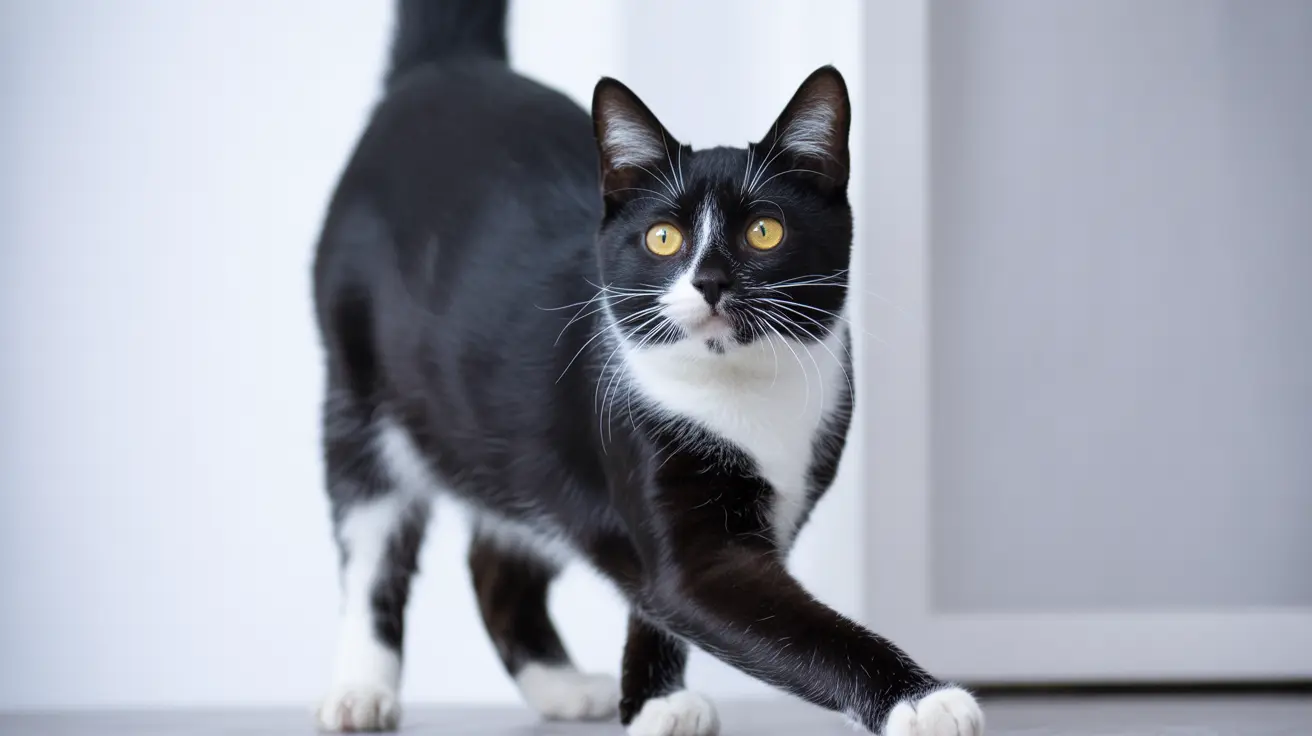Can Cats Eat Eggs? A Comprehensive Guide for Pet Owners
Many cat owners wonder whether it's safe to feed their furry friends eggs. The simple answer is: yes, cats can eat eggs. However, there are important considerations to keep in mind regarding portion size, preparation method, and potential health benefits or risks. In this article, we’ll explore the do’s and don’ts of feeding eggs to cats, helping you make informed decisions about your pet's diet.
Are Eggs Safe for Cats?
Cooked eggs are generally safe for cats to eat. They are an excellent source of high-quality animal protein, as well as vital nutrients like vitamin B12, riboflavin, selenium, and essential amino acids. As obligate carnivores, cats thrive on animal-based proteins and can benefit from the nutrients found in eggs.
Benefits of Feeding Eggs to Cats
- High protein content: Supports muscle growth and repair.
- B vitamins: Help with cell metabolism and energy production.
- Healthy fats: Provide energy and help absorb fat-soluble vitamins.
- Amino acids: Essential for maintaining overall health.
How to Feed Eggs to Your Cat
The safest method is to feed your cat fully cooked eggs (boiled or scrambled without any seasonings, butter, or oil). Raw eggs, especially the whites, may pose a risk because they contain avidin, an enzyme that can hinder the absorption of biotin, a B-vitamin essential for cats. Cooking destroys avidin and makes the egg safe and nutritious.
A small amount—about a teaspoon or two—is usually enough to offer nutritional benefits without overloading your cat with calories or fats. Eggs should be treated as an occasional treat, not a daily staple.
Risks of Feeding Eggs to Cats
- Raw egg consumption: May lead to biotin deficiency and potential salmonella exposure.
- Allergic reactions: Some cats may have sensitivities to eggs, leading to vomiting, diarrhea, or skin issues.
- Excess calorie intake: Eggs are calorie-dense and can contribute to weight gain if overfed.
- Seasonings and additives: Ingredients like onions, garlic, salt, and pepper are toxic to cats.
Egg Yolks vs. Egg Whites
Both parts of the egg offer benefits and risks. Egg whites are rich in protein but contain avidin when raw. Egg yolks contain more fat and cholesterol but are also rich in calcium, iron, and vitamins.
Feeding your cat a combination of the two in fully cooked form provides optimal nutritional value, assuming it's done in moderation.
Can Kittens Eat Eggs?
Yes, kittens can eat cooked eggs, but portion sizes should be even smaller. It's best to introduce new foods gradually and monitor for any signs of digestive upset. Since kittens require a specially formulated diet, eggs should only supplement—not replace—their regular food.
Signs Your Cat May Not Tolerate Eggs
- Vomiting or diarrhea
- Excessive scratching or skin irritation
- Changes in appetite or lethargy
- Unusual behavior post-meal
If you see any of these symptoms after your cat eats eggs, discontinue feeding and consult your veterinarian.
How Often Can Cats Eat Eggs?
Eggs should only be offered once or twice a week. Overfeeding can lead to nutritional imbalances and weight issues. Remember, even healthy treats can become unhealthy if not managed properly.
Alternative Protein-Rich Snacks
- Cooked chicken (unseasoned)
- Cooked fish (like salmon or tuna, in small doses)
- Commercially available cat treats with high protein content
Conclusion
In moderation and when properly cooked, eggs can be a nutritious and tasty treat for your feline companion. Always serve eggs plain, monitor your cat’s reaction, and consult your vet before making significant changes to your pet's diet. When done right, eggs can be a wholesome addition to your cat's occasional snack rotation.





